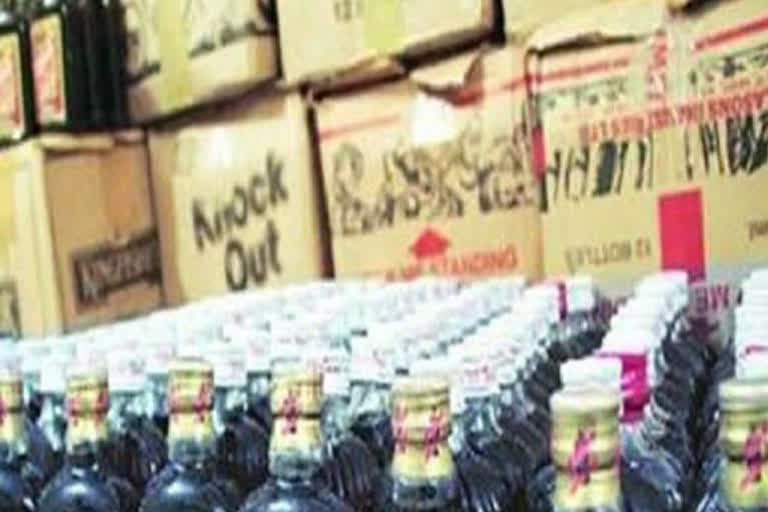Chandigarh: The Haryana government is considering to impose a variable "COVID cess" on liquor to support the areas or institutions adversely hit by the pandemic, Deputy Chief Minister Dushyant Chautala said on Sunday.
Haryana has been suffering monthly revenue losses of Rs 6,000 crore due to the coronoavirus-triggered lockdown.
"The government is considering new COVID cess so that those areas or those institutions which have been adversely hit by the pandemic and need support can be helped," Chautala told a news conference here on Sunday.
Asked how much cess the government is contemplating to impose, he said, "Discussions are on. Every product is different, fixed cess is not possible, so it will depend on product and quantity. The cess will be variable".
The deputy chief minister indicated that the cess could be anywhere between Rs 2-20.
Chautala, who also holds the portfolios of Excise, Industry and Commerce Departments, said no decision has yet been taken on when to open the liquor vends.
He, however, said suggestions including from media have been sought so that steps are taken accordingly.
It will have to be ensured that there is no crowding and proper social distancing is maintained at the vends, as and when these are opened, he said.
The state government has also sought report from deputy commissioners on whether vends should be opened or not as COVID-19 situation varies from district to district, he said.
To a question, Chautala said stock of warehouses involved in liquor distribution was checked on three different occasions in the past over a month and irregularities were found in 53 of these and FIRs were registered and fines imposed.
Also read:Lockdown: NCW receives 315 domestic violence complaints in April
On giving relaxations to industry in accordance with the Centre's guidelines, he said from April 20 onwards they have been easing out restrictions, barring those units which are in containment zones, so that economic activity can be resumed.
"From May 4-10 and from May 11-18, we will give more relaxation to industry, but with more strictness than even what MHA guidelines say so that our industry is revived on one hand, while on the other we are able to check coronavirus infections too on the other," he said.
